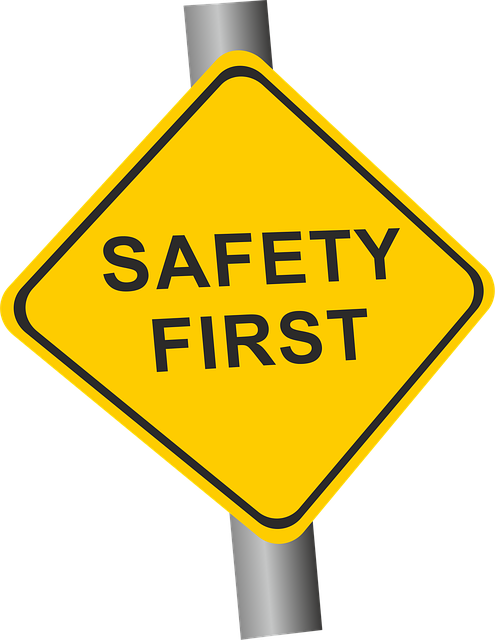Closing costs in real estate, ranging from 2% to 5% of the purchase price, include essential expenses like title search, appraisal fees, and escrow services. Effective budgeting and informed decision-making require understanding these costs, particularly for first-time buyers. The final paperwork stage, crucial for a smooth property ownership transfer, involves reviewing documents, correcting errors, and confirming financial and legal details with a real estate professional or closing agent. Common closing costs include appraisal fees, title search fees, real estate commissions, transfer taxes, and escrow fees; both buyer and seller must provide essential documentation for transparency.
In the dynamic world of real estate, understanding closing costs is paramount for a seamless transaction. This comprehensive guide unravels the complexities of closing costs, equipping buyers and sellers with essential knowledge. From settlement fees to title searches, we break down what to expect during the process. Additionally, our step-by-step final paperwork guide ensures a smooth closure, highlighting critical documents and common expenses. Maximize your understanding and navigate real estate with confidence.
Unraveling Closing Costs in Real Estate: What to Expect

Closing costs in real estate can seem like a complex web, but understanding them is crucial for any buyer or seller navigating the market. These fees are an essential part of the homeownership journey and often come as a surprise to first-time buyers. Unraveling these costs involves recognizing various expenses that go beyond the purchase price.
In the world of real estate, closing costs encompass a range of charges associated with finalizing a property transaction. They include everything from traditional fees like title search and recording costs to more variable expenses such as appraisal fees, escrow services, and even buyer’s agent commissions. These costs can add up significantly, typically ranging from 2% to 5% of the purchase price, but it’s important to remember that they vary based on location, property value, and other factors. Understanding what to expect allows buyers and sellers to budget effectively and make informed decisions when it comes to closing a deal.
Final Paperwork: A Step-by-Step Guide for Smooth Transaction

Final Paperwork: A Streamlined Process for Real Estate Transactions
When purchasing or selling a property, the final paperwork is a critical step in ensuring a smooth and successful real estate transaction. This process involves several key elements that require careful attention to detail. Begin by gathering all necessary documents, including contracts, settlement statements, title deeds, and any other legal papers relevant to the property transfer. Ensure these documents are accurately completed and signed by all parties involved.
Next, schedule a meeting with your real estate agent, lawyer, or closing agent to review the paperwork. This step is vital to identifying and rectifying any potential issues before finalizing the transaction. Verify that all financial details are correct, and double-check for errors in calculations or omissions of important fees. Additionally, confirm that all parties understand their obligations and responsibilities as outlined in the documents. Effective communication and meticulous attention during this phase are key to a seamless closing process in real estate.
Common Expenses and Documentation for a Successful Close

When closing on a real estate purchase, there are several common expenses that buyers and sellers can expect to encounter. These costs, often referred to as closing costs, are an integral part of the home-buying process and can vary based on location, property value, and other factors. Typical expenses include appraisal fees, which ensure the property’s value aligns with the purchase price, and title search fees, covering the cost of verifying ownership and identifying any potential liens or encumbrances.
Additionally, real estate agents’ commissions, transfer taxes, and escrow fees are often part of these closing costs. Documentation plays a crucial role in ensuring a smooth closing process. Both buyers and sellers will need to provide various documents, such as identification proofs, financial statements, and property-related paperwork. These documents verify eligibility, facilitate the transfer of ownership, and help maintain transparency throughout the real estate transaction.






